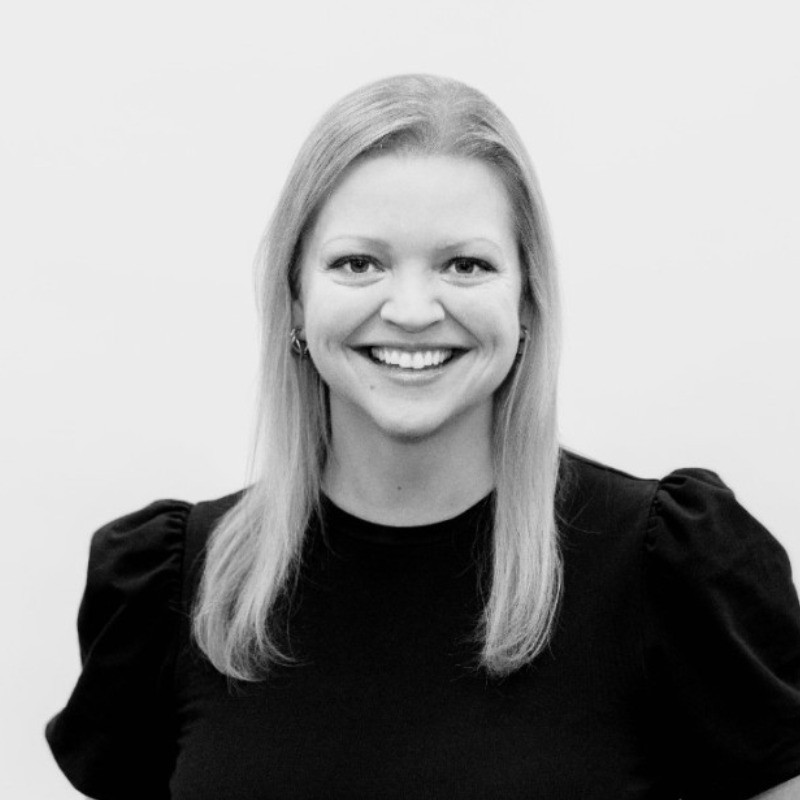A three-year-old startup based on decades of research in cell depletion is betting that some of the hottest tools in oncology may work even better in other diseases.
Arda Therapeutics has raised a $43 million Series A, the company told Endpoints News exclusively. It will use the money to test whether antibody-drug conjugates and other cell-depleting modalities like T cell engagers can address forms of fibrosis, including lung scarring, and other immunology and inflammation diseases.
It will start with ADCs. Arda is keeping quiet on the types of payloads and linker technology that the 10-employee startup is deploying for its nascent pipeline.
Arda emerged in 2022 using single-cell data to find specific cells that drive chronic diseases and the aging process, with the goal of creating biologics to then treat the conditions. The startup was founded by CEO Adam Freund, who left his post as a principal investigator within Alphabet’s aging-focused biotech lab Calico Life Sciences in mid-2021.
“In graduate school, at UC Berkeley, I was exposed to the idea that there may be cells in our body that we are better off without,” Freund said. “Even back then, it was clear that there wasn’t just one pathogenic cell state. We knew that different diseases and tissues had their own cellular stories to tell, but we didn’t really have the glasses to read them, if you will.”
The idea slipped into the back of Freund’s mind since the technology just wasn’t there to find the cells, he said. It would be years before he returned to the concept.
“The pandemic came along, and like so many people, I found myself at home for months with lots of time to think,” Freund said. In between pandemic walks, he read lots of papers. And two fields were taking off: Single-cell omics and antibody-drug conjugates in immuno-oncology.
He reached out to former labmate Remi-Martin Laberge, who had worked for nearly nine years at the anti-aging biotech UNITY Biotechnology. They came together and founded Arda, where Laberge serves as chief technology officer. The company has also brought on Scott Turner as chief scientific officer.
Turner’s prior experience leading Pliant Therapeutics into Phase 2 in idiopathic pulmonary fibrosis will be critical as Arda considers pulmonary fibrosis as its lead indication, Freund said. The biotech is also looking at fibrosis in the liver and other undisclosed I&I areas.
Better outside oncology?
Freund thinks ADCs and other cell depletion methods might be even more effective outside of cancer because they won’t require 100% cell depletion, won’t need chronic dosing, there’s no immunosuppressive microenvironment and “no evolved resistance from tumor cells that are genomically unstable.”
Arda’s seed investor a16z Bio + Health led the Series A, which also included funds from Alphabet’s GV, Eli Lilly and about a dozen other investors.
 Vineeta Agarwala
Vineeta AgarwalaVineeta Agarwala, an a16z general partner and board member of many biotech companies in the firm’s portfolio, noted Arda was seeded in mid-2022, before the most recent “fervor of cell-clearing novel oncology modalities” came to the fore.
“The oncology toolbox works,” Agarwala said. “It works because you’re killing cells. You’re not just perturbing pathways, you’re not just perturbing signaling, you’re not just hitting a protein. You’re taking out the cell. So that was the idea here. Of course, you can’t take out cells in most chronic diseases because you’ve never had the therapeutic index to be able to do it. You’ve never been able to identify specifically which cells you have to take out.”
Agarwala and fellow a16z investment partner Becky Pferdehirt were so intrigued by the idea, and the subsequent in vivo data in animal models of pulmonary fibrosis, that they led the Series A, as well.
 Becky Pferdehirt
Becky PferdehirtIt’s “fairly rare” for a16z Bio + Health to do so, said Pferdehirt, who was a graduate student with Freund in the molecular and cellular biology department at UC Berkeley. “It’s a big vote of confidence on our end,” she added. Clinical trials will require a Series B, Freund said.
The company is named after a world in J.R.R. Tolkien’s fantasy novels.
“Arda was initially created perfect, and then it became marred by the destructive forces of evil, essentially all of these bad actors who moved in and started damaging the world, very akin to how healthy tissues can become diseased by cells that are misbehaving,” Freund said.
Arda is hardly alone, with the biotech industry rapidly applying the learnings of oncology to other fields, including CAR-T cell therapies, T cell engagers and now ADCs.
Candid Therapeutics emerged with $370 million last month to develop two T cell engagers that had been tested in cancer patients and repurpose the antibodies for autoimmune indications. Merck bet $700 million upfront on the burgeoning space, too. And some companies are looking to see if ADCs can also work beyond cancer, including Lifordi Immunotherapeutics.
Editor’s note: This story was updated to correct that Freund and Laberge were labmates, not graduate classmates.